
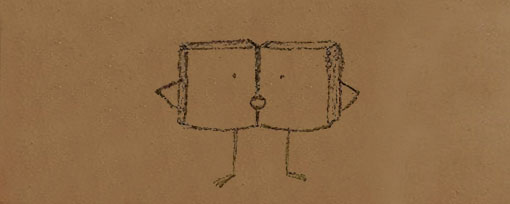

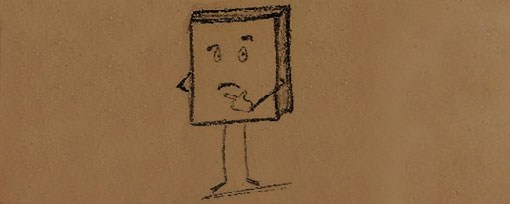
Put the following excerpts from the Spanish story in order of appearance. Then translate them into English and check your answers in the text.
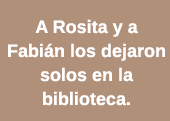
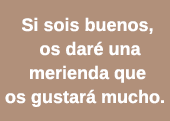

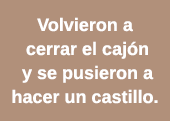
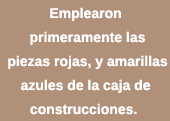
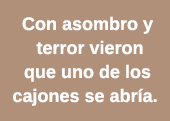

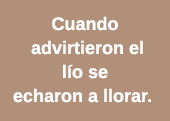
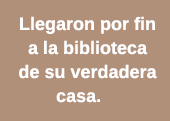



Polysemic words are words with more than one meaning and we can constantly find them in any language. For example, pay attention to the meaning of the word “busy” in the following sentence and translate it into Spanish:
“It was the day before the celebration of the Three Wise Men and their mother was very busy with the preparations”. (Page 25)
Translate these sentences and pay attention to the meaning of the word busy in each of them. What happened?
Now, analyse the translation of the word “realize” in this excerpt of the story. What possible meanings do you know of the verb “realize”?
“Cuando advirtieron el lío se echaron a llorar.” →” When they realized the mess, they burst into tears.”
Translate the following sentences paying attention to the meaning of “realize”:
Do you use the word “advertir” in Spanish with other meanings? Give examples and then give a translation of them into English. You will see that you need one different English word for each meaning of the same Spanish word.
Find five different Spanish meanings of the word way.


“The library door opened and…”
To use up the entire amount of something.
Example: It was such a hot day that we ran out of drinks.

A long, loose, outer garment without sleeves that is used as a coat, to protect the wearer from the cold.
Example: The wizard had a purple cloak with stars on it.

North African Muslims.
Example: In the Middle Ages the Moors introduced many new scientific techniques to Spain and the rest of Europe.

A plank with wheels underneath. It can be a skateboard, which is a flat, short, narrow board that has four wheels on the bottom and is used for practising a sport.
Example: It is more fun to stand on your skateboard than to sit on it.

A famous Spanish editor who lived in the 19th century, who published many Spanish works and collections with high quality.
